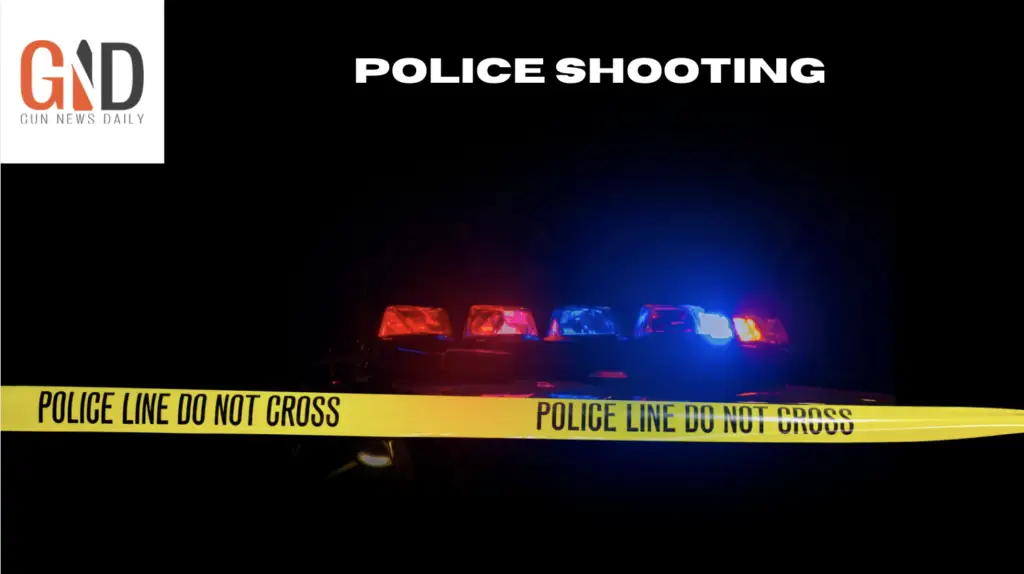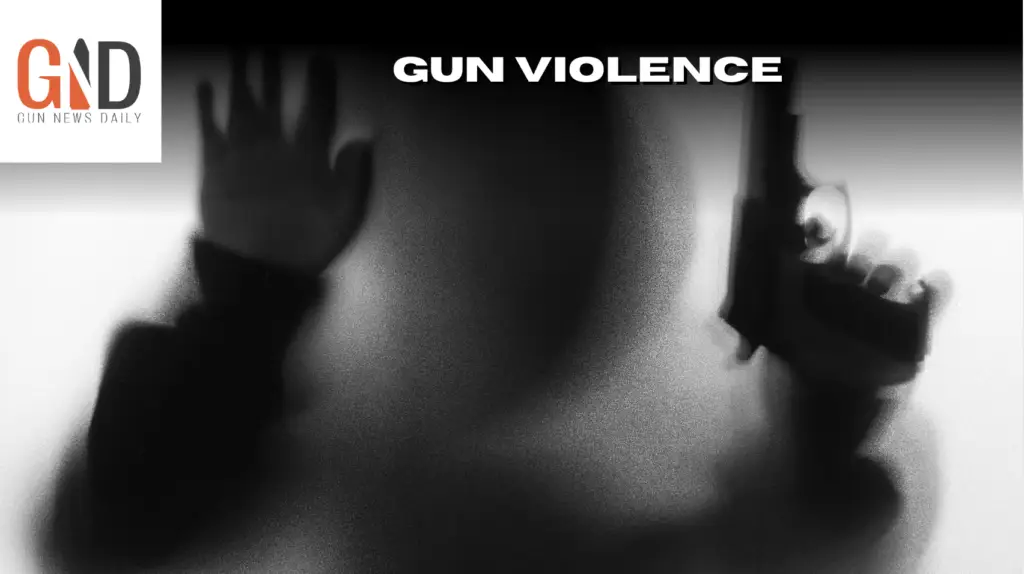A proposed assault weapons ban in Rhode Island raises questions about its potential effects on the state’s conservation funding, but experts believe the impact will be minimal. The Rhode Island Department of Environmental Management (DEM) indicates that the state receives about $5-7 million annually from the Pittman-Robertson Act, which is funded by a federal excise tax on firearms and allocated based on land area and the number of licensed hunters rather than gun sales at the state level.
Although Rhode Island has seen a decline in gun sales and may face restrictions should the legislation pass, its small share of national sales—only 0.17% of total gun sales—suggests that any changes in gun purchasing in the state are unlikely to affect the overall federal wildlife funding system. As conservation efforts continue to rely on these funds, the dynamics of the Pittman-Robertson Act, established in 1937, remain pivotal in shaping state-level environmental initiatives.
Read full story at www.providencejournal.com













